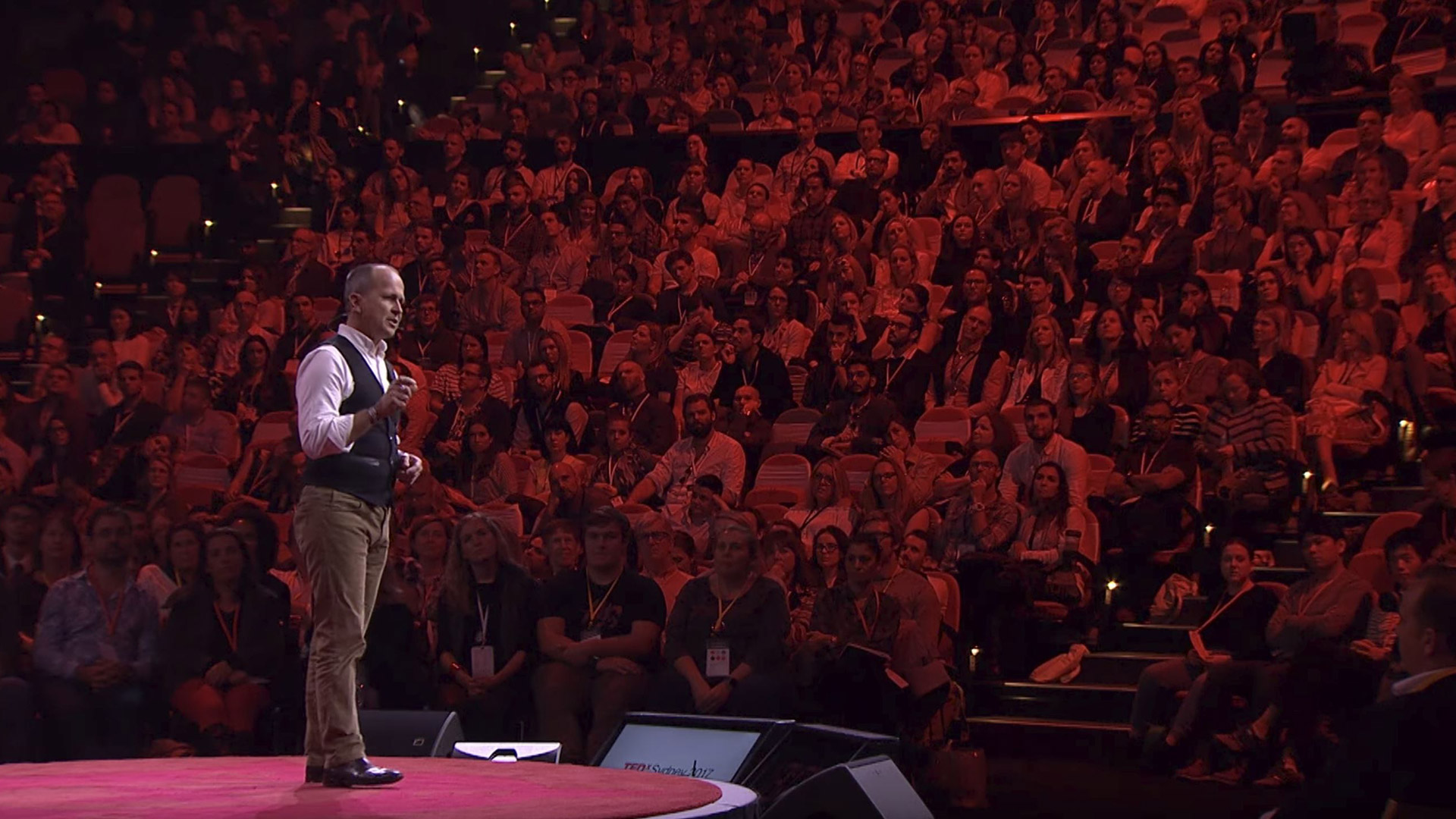A few months ago, an American organization called Freedom House released the results of its annual survey of press freedom around the world. It’s stark conclusion – it is at its worst state in 13 years.
What does that mean in practical terms? Well, last year, 79 journalists were killed doing their jobs. It isn’t a record high – that was 2007 when 120 died – but it is broadly in line with recent trends where close to a hundred have been murdered each year since the early 2000s. In the 90s, it was around half that.
What about those under arrest? Well, last year was a record. The Committee to Protect Journalists counted 259 in prison as of December 31st.
So, what happened to make journalism one of the most dangerous jobs on earth? There are plenty of reasons people want journalists killed – think of the drugs lords in Latin America who don’t want media attention.
Wars have always been dangerous for reporters of course, but the risk came more from having to work in a place where bits of metal are flying around. But the numbers suggest something changed in the early 2000s, and they clearly suggest we can blame the War on Terror.
Unfortunately, it’s not just the terrorists who are to blame. When Al Qaeda attacked the World Trade Centre in 2001, it was President Bush who set the ground-rules. In a special joint session of Congress, he declared that in this war, you are either with us, or you are with the terrorists.
With that single statement, he made the conflict a binary choice. Suddenly, there was no middle ground – no space for debate or nuance. For journalists, it meant that if you crossed the line in the pursuit of the most basic professional demands of balance, accuracy and fairness and went to find out what the war might mean for the other side, you suddenly became “the enemy”.
This war is not over anything you can put your finger on, like land or water. It is a war over competing world views; a war between Western Liberal Democratic ideas and a particular branch of extremist political Islam. And in that war of ideas, the battlefield extends to the place where ideas themselves are conveyed – in other words, the media. So journalists are no longer simply witnesses to the struggle. We are, by definition, a means by which the war its self is waged. And we are now being targeted by both sides as if we are combatants.
I think Afghanistan is a good illustration of this. I was the BBC’s correspondent based in Kabul back in 1995. That was the year the Taliban emerged as the most powerful force in the country, and so we did what we had to do – we routinely crossed the front lines to talk to them. They didn’t necessarily like us or agree with our theology or our politics, but they accepted us as legitimate players, just as governments encouraged us to cover the Taliban so we could all understand what was behind the movement.
I went back to Afghanistan to cover the conflict for the BBC in the wake of 9/11, when a few things happened that signalled the scale of the changes. In November 2001, a few weeks after the US began its bombing campaign, an American missile hit Al Jazeera’s office in Kabul. The American government first said it was a mistake, and then in a letter to Al Jazeera, it said it specifically targeted a building known for harbouring Al Qaeda operatives. Of course Al Jazeera had been broadcasting statements from the Taliban and Al Qaeda, but like it or not, those groups were parties to the conflict.
Then, later that month, the Taliban stopped a convoy with four journalists travelling to Kabul, including Australian cameraman Harry Burton and a good friend of mine, the Italian reporter Maria Grazia Cutuli. According to the Taliban fighters eventually convicted of the murders, they were acting on orders explicitly to kill journalists. The following year, al Qaeda beheaded Daniel Pearl from the Wall Street Journal in Pakistan again, explicitly because he was a journalist.
For journalists though, the War on Terror has gone way beyond the battlefield. Because “terrorism” is such a malleable term, some governments have redefined it to mean anything that challenges the established administration. In Egypt, the authorities declared the opposition – the Muslim Brotherhood – to be a terrorist organization, and therefore anybody who reported Brotherhood statements was guilty of “advocating terrorist ideology”. That is how my two colleagues and I were convicted of terrorism offences in 2014.
In Burma, the government used terrorism laws to prosecute five people for publishing a calendar that described the Rohinga community – which happens to be Muslim – as an ethnic minority.
In my work under regimes of all stripes, I’ve noticed that there seems to be a sliding scale with freedom of speech at one end, and a police state at the other. In the current environment, it is all too easy, too tempting for governments to use the war on terror as a convenient excuse for dragging the slider to the right, to claim more power in the interests of national security, trading off the media’s oversight role in the process.
It was the French philosopher Albert Camus who said that a free press can, of course, be both good and bad; but a press that is not free can never be anything but bad.


